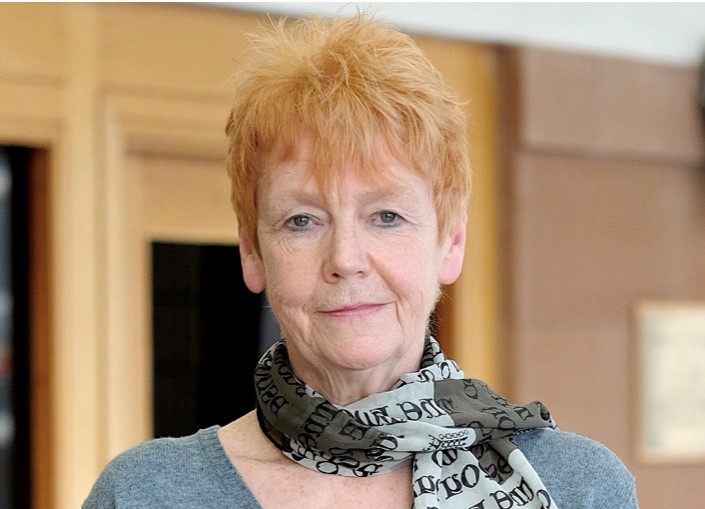Victims’ Bill holds promise but falls short in key areas, says Victims’ Commissioner

New draft legislation published by the justice secretary Dominic Raab will give victims more support in their pursuit of justice – but the Victims' Commissioner warns that more work is required to make significant change.
The Ministry of Justice has published draft legislation which aims to provide better support to victims navigating the criminal justice system.
Published on 25 May, the Government has stated that the Bill will amplify victims’ voices in the criminal justice process, improve the support victims receive and strengthen oversight of criminal justice agencies such as the Crown Prosecution Service, Probation Service and police.
The draft legislation – which paves the way for the first-ever Victims’ Law – will also give victims of crime the right to attend parole board hearings, query an offender’s suitability for release and make it simpler for them to complain if they do not receive the correct support.
The government launched a public consultation on a proposed Victims’ Law in December 2021. This concluded in early February 2022 and the Victims’ Commissioner submitted a 98-page consultation response to inform the draft legislation.
The Justice Committee is now set to examine the draft Bill to assess the adequacy of its policy objectives and key provisions. Dame Vera Baird will appear before the Committee on 14 June.
Responding to the draft legislation, the Victims’ Commissioner for England and Wales, Dame Vera Baird QC, said:
The Victims’ Bill is an opportunity to deliver a paradigm shift in the treatment of victims. The government’s published draft Bill sets out some important reforms which hold promise. The strengthening of the Victims’ Code is welcome and the removal of the requirement for an MP to support a complaint to the Ombudsman removes an important barrier to the very final complaint route in the justice system. However, the Bill as it stands is not sufficient and falls short in key areas.
The vow to enshrine the principles in the Victims’ Code in primary legislation will not deliver without corresponding responsibility and accountability mechanisms. The Code sets out the minimum standard of service that victims should expect from justice agencies. These ‘rights’ currently amount to little more than a wish list – ‘optional extras’ rather than a core part of how agencies deliver justice. Putting the essence of these rights into legislation is a foundational step toward elevating the status and treatment of victims. This should strengthen victim entitlements and clarify what victims should expect from the criminal justice system.
Yet there is little in the proposals that seem set to galvanise these agencies to deliver for victims. There is no clear, defining vision of the role of the victim in a case, and few incentives to drive agencies to consider the needs and rights of a victim at every stage of proceedings. In my consultation response, I set out clearly how England and Wales should adopt the Australian model, pioneered in Victoria, of the victim as an active and valued ‘participant’ within criminal justice proceedings. This is a distinct legal status within the criminal justice system, separate from that of the wider public. It accords victims formal status within proceedings and the delivery of their rights is an inherent requirement and core function of the system. It is the cultural shift from agencies viewing victims as peripheral to their function – bystanders to proceedings – to a core and valued constituent part of the justice system.
My 98-page consultation response included a wealth of recommendations that propose and will embed a cultural shift in how victims are treated. This includes mechanisms currently missing in the draft Bill such as a local complaints system, with a Victim Champion to assist victims in accessing their Code rights. It also includes important protections for some of the most vulnerable victims, including ensuring that rape victims can access pre-trial therapy without the risk of their notes being disclosed to their perpetrators. Furthermore, it retains and strengthens the Victims’ Commissioner’s role in national oversight of the Victims’ Code – a crucial accountability mechanism that must be in place to drive real change.
I look forward to engaging with the pre-legislative scrutiny process to continue to press for these necessary reforms and ensure that the eventual Victims’ Act delivers for those who need it most.
ENDS
